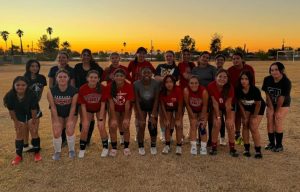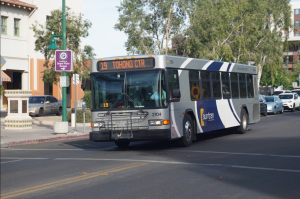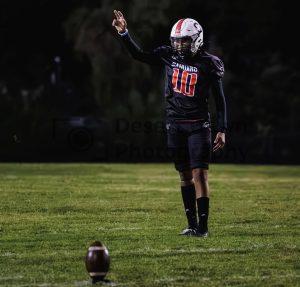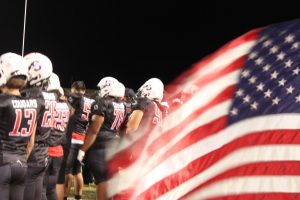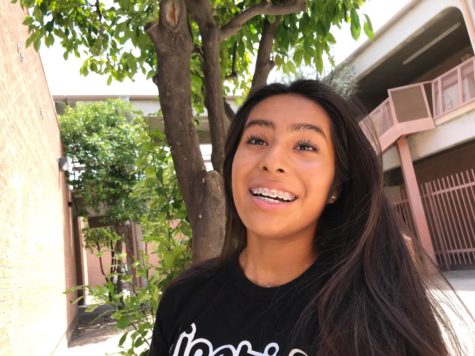Reasons Why The English Language Is Difficult to Learn

January 14, 2019
The English language is on the top of the list of the most difficult languages to learn. Especially for me, I still struggle with it. English has some odd spelling and pronunciation, like how words look the same but are pronounced differently and many words that sound the same have completely different spelling and meaning. What confuses people the most is how sometimes certain letters are silent. Obviously for people who grew up speaking English, you still face some challenges but, most likely think it’s pretty easy.
Now, here is a list of sentences that is going to make you head hurt:
- We must polish Polish furniture.
- The farm was used to produce produce.
- He could lead if he would get the lead out.
- Since there is no time like the present, he thought it was time to present the present.
- A bass was painted on the head of the bass drum.
- When shot at, the dove dove into the brushes.
- I did not object to the object.
- They were too close to the door to close it.
- To help with planting, the farmer taught his sow to sow.
- The wind was to strong to wind the sail.
- Upon seeing the tear in the painting I shed a tear.
- I had too subject the subject to a series of tests.
- How can I intimate this to my most intimate friend?
1.) The Contronym…
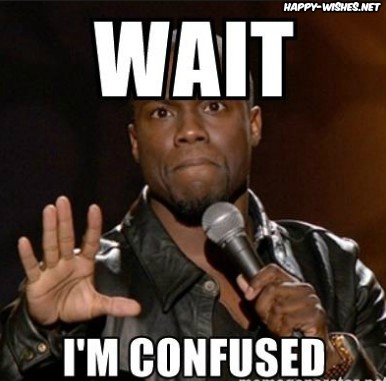
English is full of contronyms. It means a word that has two different meanings, the word “clip” is one of them and has two different meanings. To cut apart or to attach together. When someone says, “Hey, can you please clip this?” It can go both ways, which confuses first-time-English-speakers and people whose first language is English.

2) Homonyms, on the other hand, are spelled the same, but have two different meanings. For example, bat (sport equipment) and bat (an animal), bass (type of fish) and bass (a low sound), wave (moving hand in greeting) and wave (sea water coming into shore), sewer (drain) and sewer ( a person who sews).
3.) Though, through, thorough, thought

Yes, they all look similar but, very different. Both English speakers and people who are learning English make the mistake of spelling the wrong word often they sometimes don’t even notice.
4.) Where is the S at the end of irregular plural words?

Child becomes children, elf becomes elves, foot becomes feet, life becomes lives, man becomes men, mouse become mice, tooth becomes teeth, woman becomes women and the list continues.

